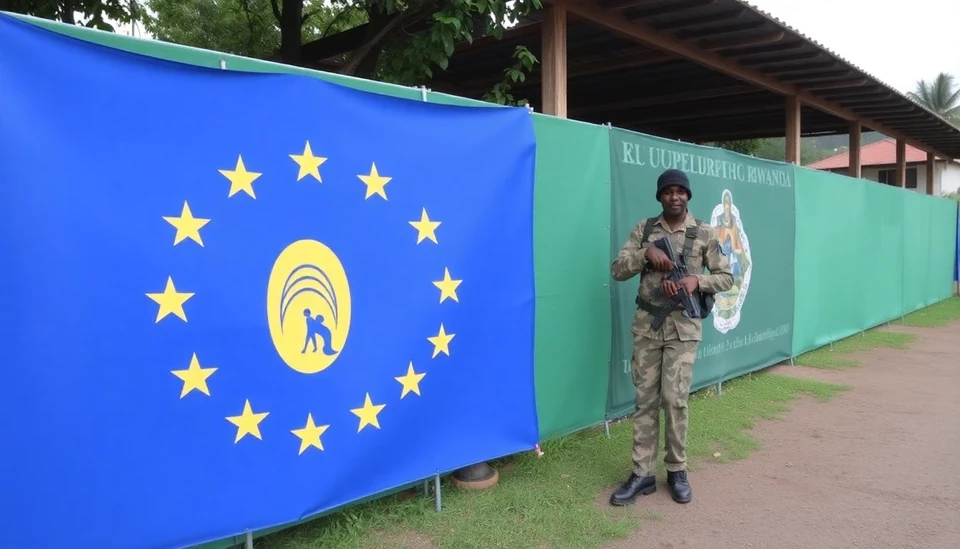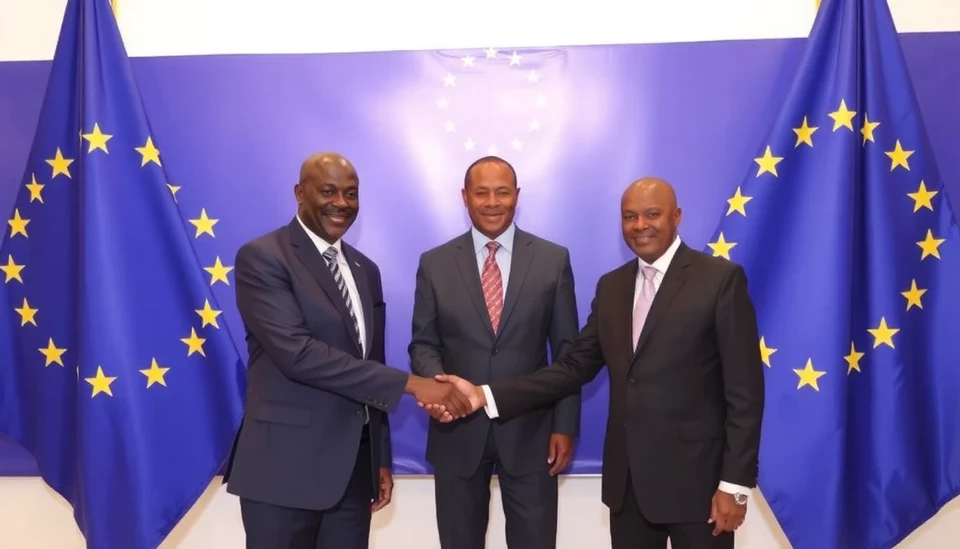
In a decisive move to combat rising security threats in Mozambique, the European Union (EU) has announced an additional €18 million (approximately $20 million) financial aid package to Rwanda. This funding aims to support Kigali’s military engagement in the operational theater, particularly as terrorist activities escalate in the Cabo Delgado region of Mozambique, where various extremist groups have intensified their campaigns against the government and local populations.
The EU's assistance is a crucial component of a broader international response to stabilize the northern region of Mozambique, which has been suffering from a violent insurgency linked to groups affiliated with the Islamic State (IS). The conflict has led to thousands of fatalities and has displaced over a million people, prompting urgent actions from both local and international authorities.
Rwanda's involvement dates back to 2021, when the country deployed troops in response to a request from Mozambique's government, which has struggled to contain the armed conflict alone. The recently announced funds are expected to be allocated towards enhancing Rwanda's military capacities, ensuring that the forces can operate effectively in the challenging terrain and under severe conditions imposed by ongoing hostilities.
The EU's support highlights the bloc's commitment to maintaining stability in Africa and reflects a strategic partnership with Rwanda. The assistance is framed within the context of long-term peace and security efforts, which the EU sees as essential to preventing further destabilization of the region. Enhanced military training, logistical support, and intelligence-sharing are anticipated areas of focus as the EU continues to strengthen its ties with African nations in addressing security concerns.
In conjunction with this financial commitment, the EU has also reiterated the importance of engaging with local communities to foster a sustainable peace. There is a recognition that military solutions alone cannot resolve the underlying issues that contribute to radicalization and violence; therefore, the EU is advocating for an integrated approach, which combines military support with developmental aid aimed at tackling poverty and unemployment in affected areas.
With the growing instability, the situation in Mozambique remains precarious, and this additional funding from the EU represents a critical step in bolstering the region’s defenses against terrorism. The international community's response to the crisis illustrates the interconnected nature of security threats in today's global landscape, where local conflicts can have far-reaching impacts.
As the EU continues to forge partnerships and extend its support, the hope is that such measures will contribute not only to immediate security needs but also to the broader goal of sustainable development and peace in Mozambique and beyond.
In summary, the EU’s significant financial aid to Rwanda underscores a collaborative effort to address terrorism in Mozambique amid escalating conflicts linked to extremist groups. This cooperation highlights the international urgency to combat insecurity and foster enduring peace in a region threatened by violence.
#EU #Rwanda #Mozambique #Terrorism #CounterTerrorism #Security #Peacekeeping #Aid #CaboDelgado #AfricanUnion
Author: Laura Mitchell




